Kaiser Permanente neurologist and research scientist is dedicated to improving stroke care
When she was about 5 years old, Mai Nguyen-Huynh, MD, MAS, learned that her father had died of a stroke while in a re-education camp run by the communist government of Vietnam. But it wasn’t until 8th grade that she understood what the word “stroke” meant. Nguyen-Huynh says she will never truly know how her father died, but she is certain that the moment she learned what caused a stroke shaped the course of her career.
Initially, Nguyen-Huynh was drawn to basic science — particularly research on the mechanisms of brain cells. But during her residency at Massachusetts General Hospital, Nguyen-Huynh saw firsthand the ways clinical research in neurology could improve patient care. That experience led her to the University of California, San Francisco, where she embarked on a career as a physician researcher.
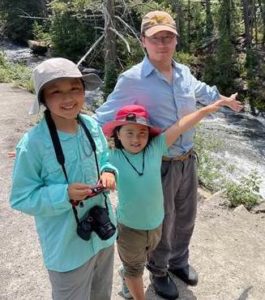
In 2011, Nguyen-Huynh accepted a position at Kaiser Permanente Northern California (KPNC) as a neurologist with The Permanente Medical Group and a research scientist at the Division of Research. She currently serves as the KPNC Regional Medical Director for Primary Stroke and the Chief of Neurology for the Diablo Service Area.
We spoke with Nguyen-Huynh about her clinical research career, future goals, and advice to others looking to build a career that melds clinical care with research.
Why is it important to you to combine patient care with research?
The kind of work that I am doing is exactly where I want to be, because I am able to apply what I learn in my research and bring it right to the bedside. When I started out as a researcher, I was doing epidemiology studies, which brought me closer to patient care. But I wanted to move into research that was focused on actually managing a patient’s care. As the KPNC regional medical director for primary stroke, I have helped build a stroke program that standardized how we approach, evaluate, and care for every single person who comes to one of our emergency rooms with a potential stroke. We built that system with research in mind, and it feeds itself into a very nice loop. What I learn clinically creates questions that I take back to the research side, and then we feed the results back into our clinical care, which is a model for other stroke centers both inside Kaiser Permanente and nationally.
What questions would you like to answer in future research studies?
There are 3 main areas of stroke research: acute care, rehabilitation, and stroke prevention. I spend most of my research time right now in acute care, which focuses on how we care for patients when they first come to the hospital with a stroke. The research I do in that area allows us to continually evaluate and improve our stroke program.
At some point I would love to go to the rehabilitation side of research. I’ve dipped some fingers in it, and I’ve seen that it is an area where more research is sorely needed on approaches to rehabilitation that are data- and evidence-driven. For stroke prevention, our research aims to eliminate disparities in hypertension control or, even better, prevent hypertension, which is the biggest risk factor for stroke.
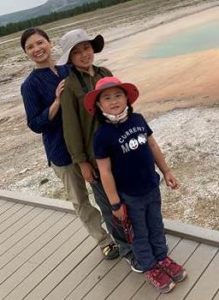
What advice would you give to a young physician hoping to carve out a career path similar to yours?
Find something you are passionate about in your clinical work that you feel is an important area that can use your time and talent to improve. Then, learn all that you can about it so you can understand what evidence is lacking and what data is needed to make it better. It’s also important to get some research training so you know how to ask those questions, how to evaluate them, and who to approach to collaborate with or ask for help on a specific project.
How can having a mentor help?
All along the way I have been blessed with a lot of really great mentors who have turned out to be giants in their field. But you don’t need someone who is a giant. You need someone who is a good mentor, who is invested in you, and who will give you their time and advice, not just about methodology but how to frame your research career. All of my mentors have been really crucial for that.
My training in stroke neurology included a fellowship at UCSF with Clay Johnston, MD, PhD. One piece of advice he gave me that I carry to this day is, “Design your study in such a way that it doesn’t matter if it comes out positive or negative but that you still learn something that will change what you are doing.” I would give that same advice to anybody.
What do you like to do in your free time?
I spend as much time with my family — my husband and 2 children — as I can. During the pandemic, we’ve learned to do more things as a family outdoors, like hiking and going to visit national parks. We recently went to Yellowstone. Luckily, that type of travel is not only something we all love, but it’s something we can still do during a pandemic.
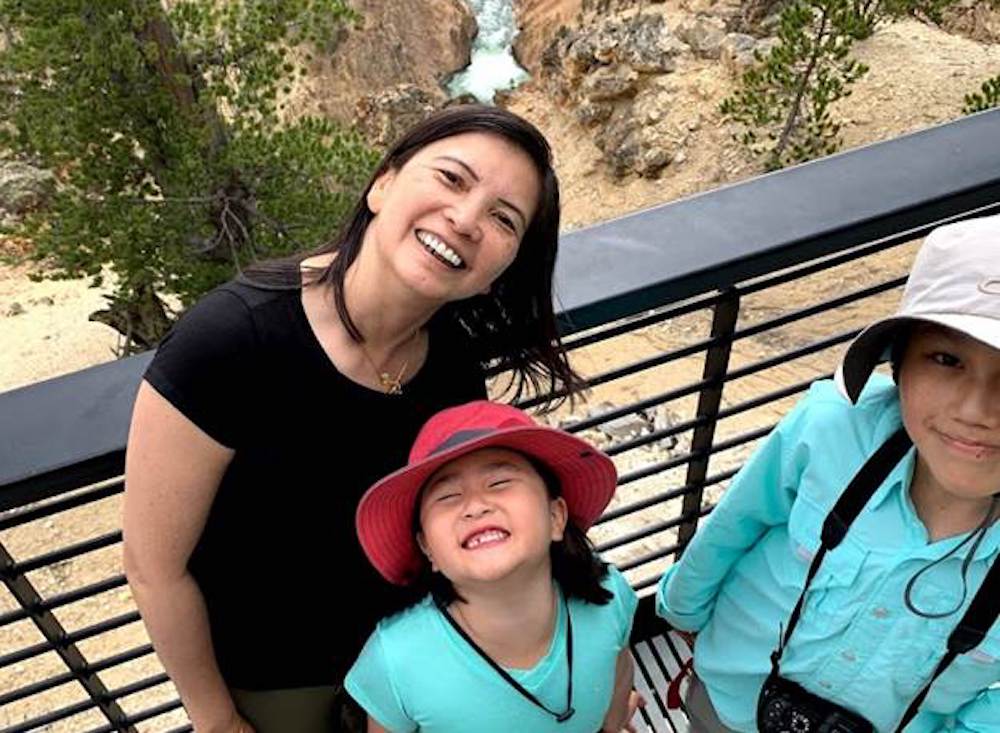
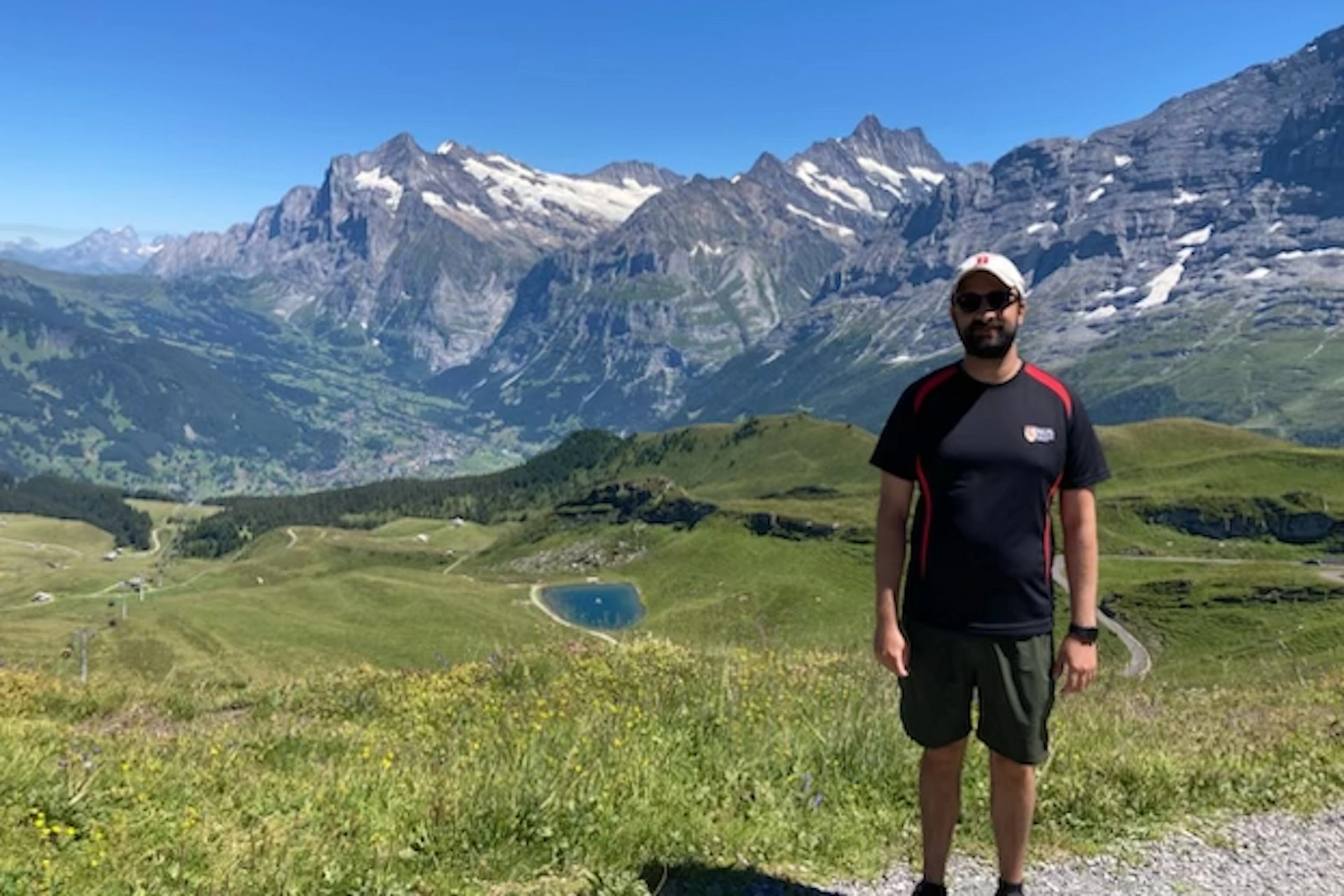
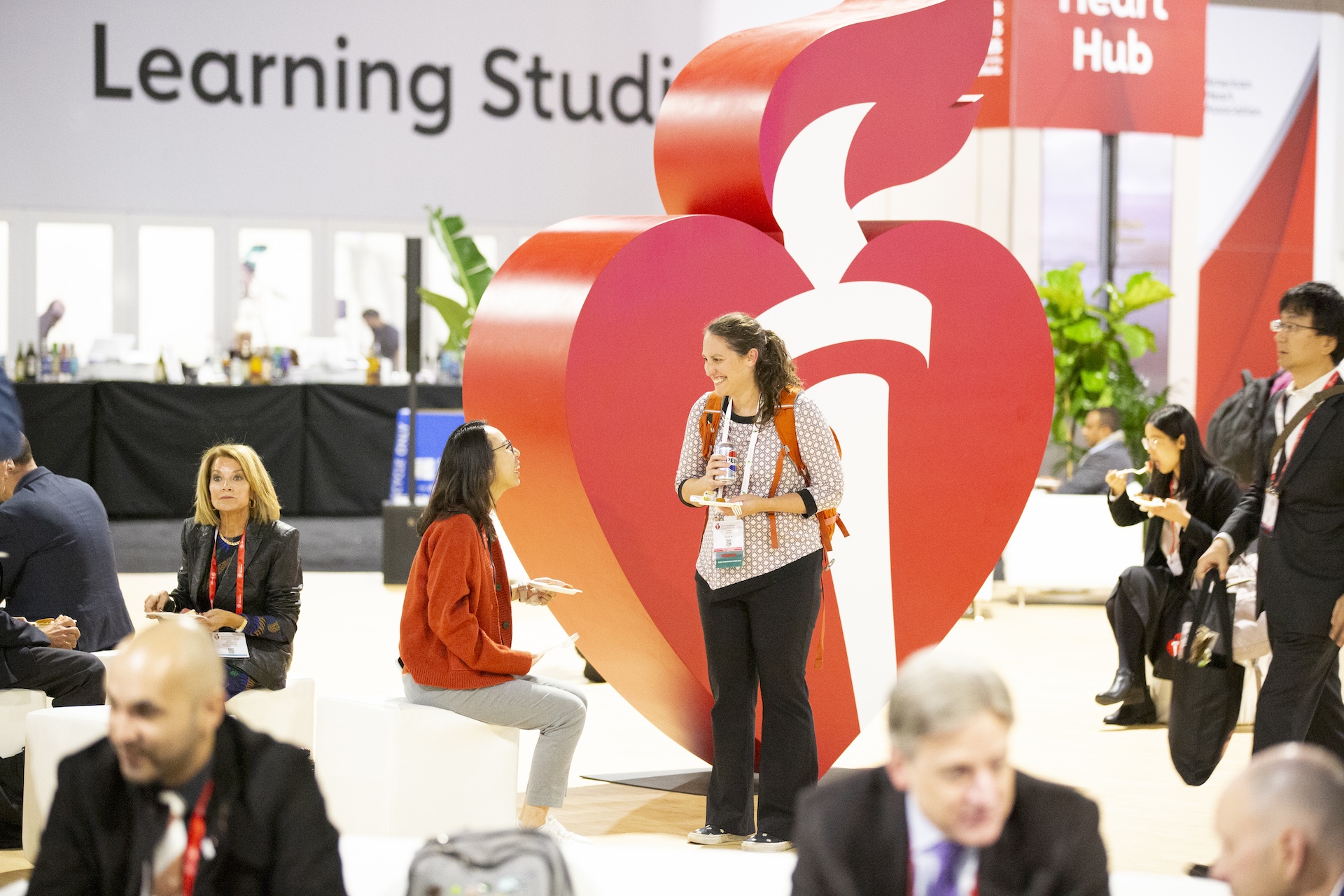
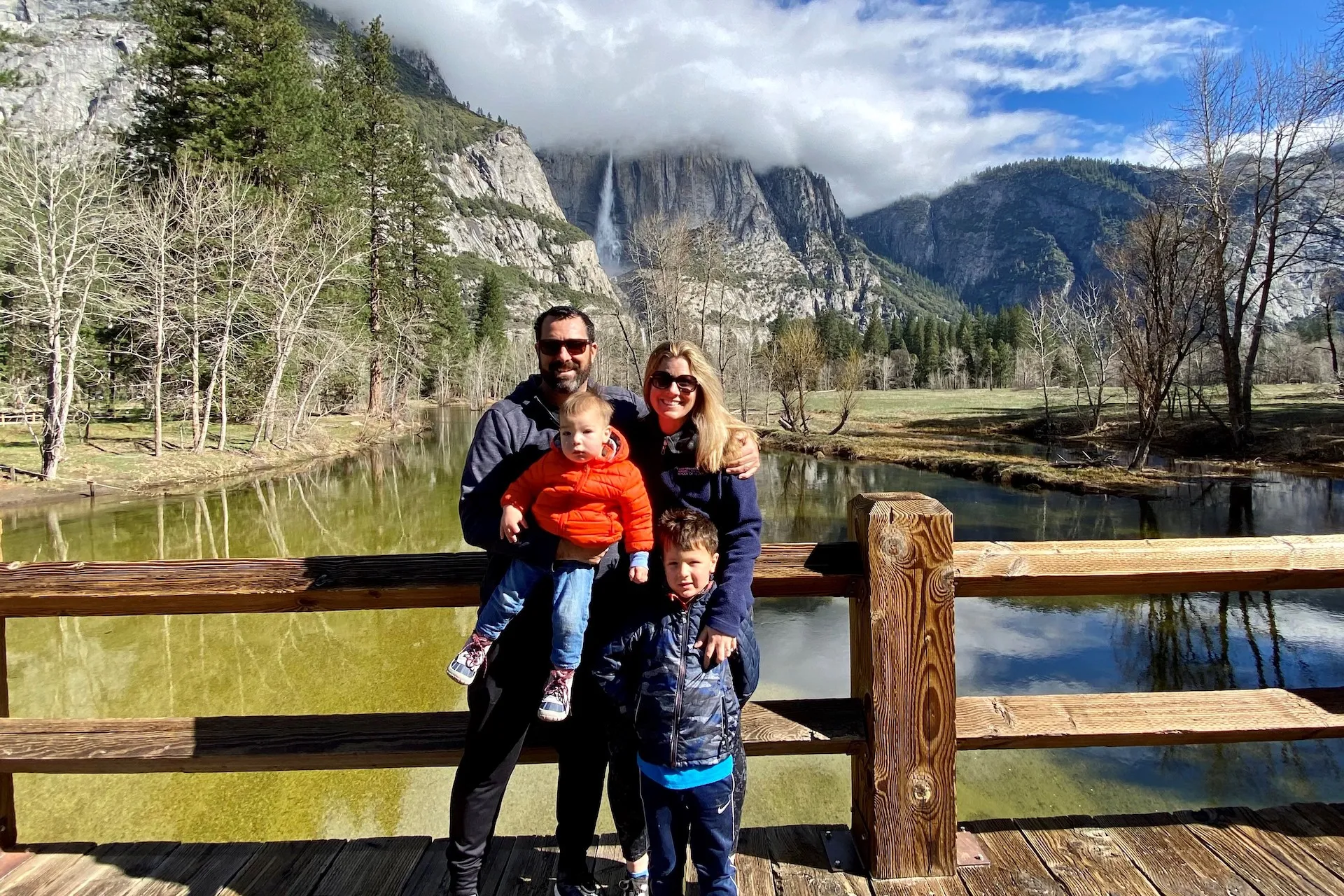
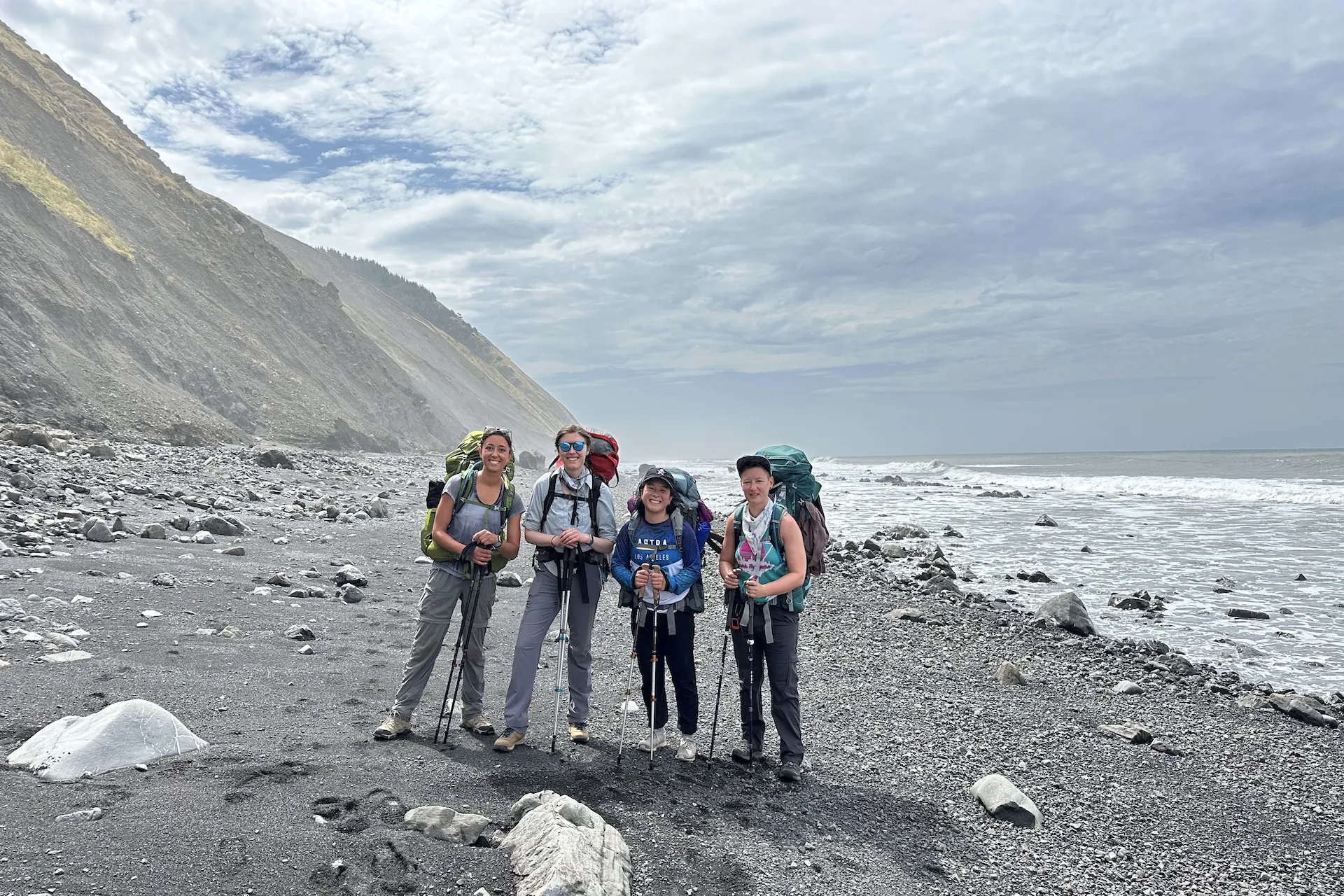
This Post Has 0 Comments